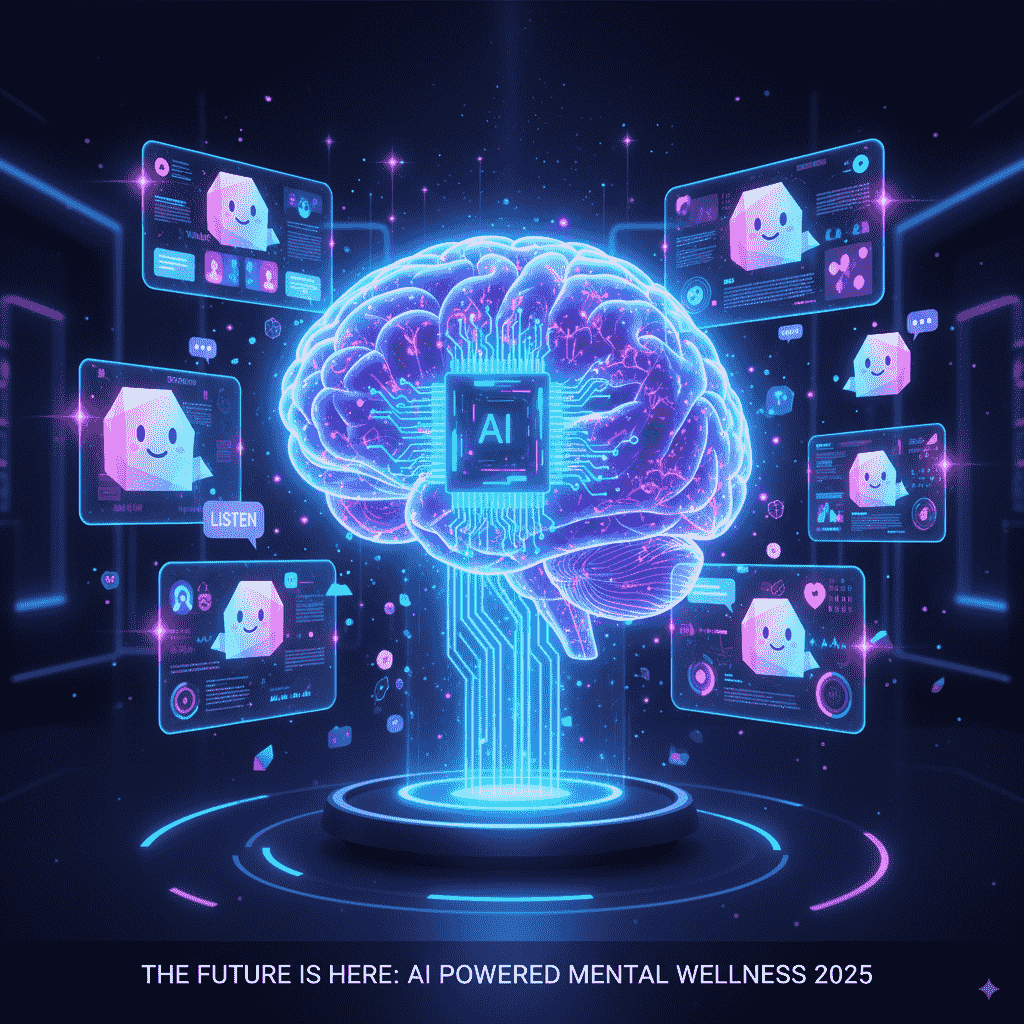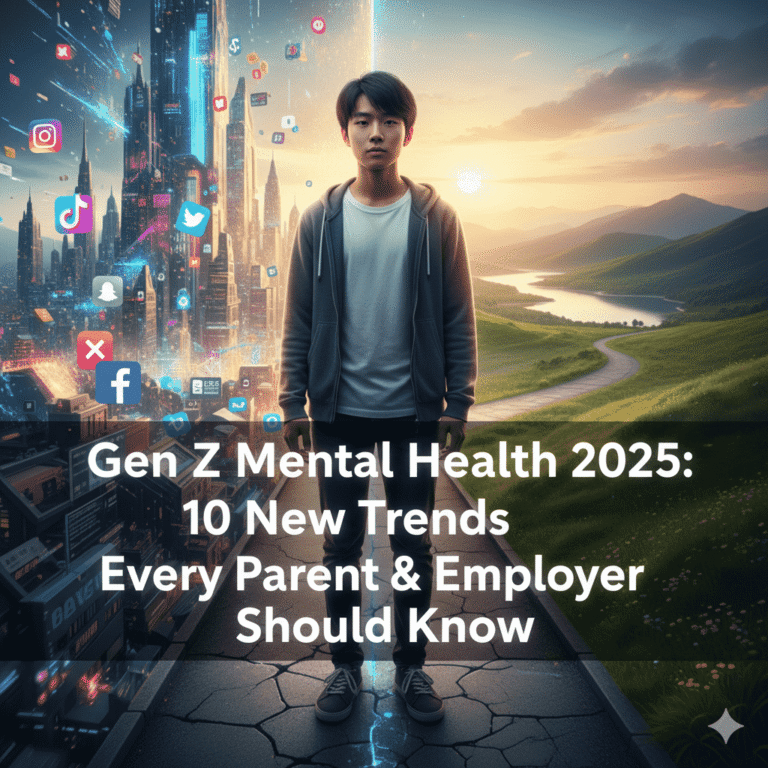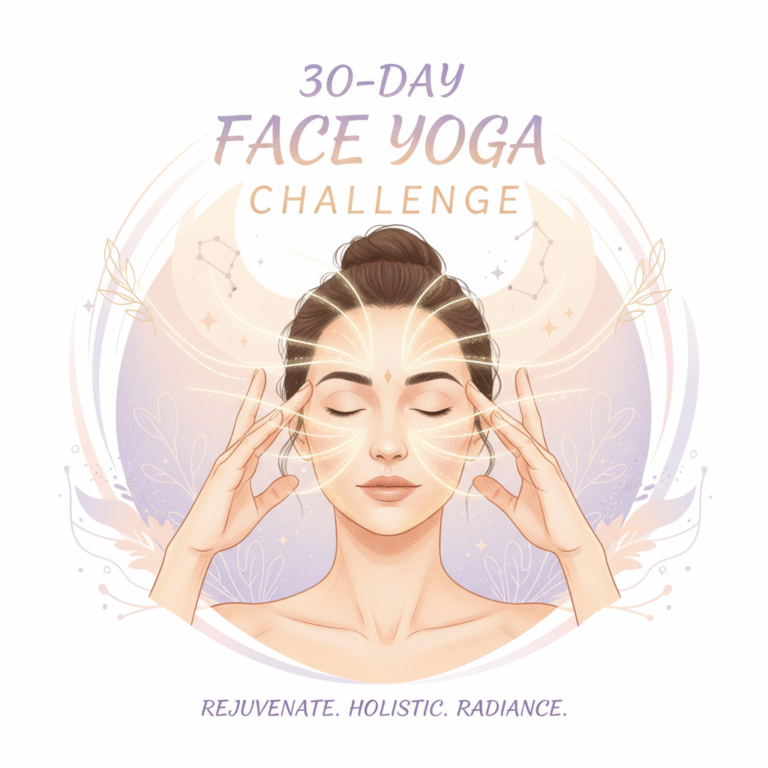
In 2025, the landscape of mental health care is evolving rapidly, driven by advancements in artificial intelligence (AI). With the global demand for mental health services surging, traditional care models are struggling to meet the needs of millions worldwide. This is where AI in mental health comes into play, providing scalable, accessible, and personalized solutions. From AI-powered chatbots that offer instant support to virtual therapy platforms that complement traditional sessions, AI is reshaping how mental health services are delivered and consumed.
The COVID-19 pandemic highlighted the urgent need for accessible mental health care. Lockdowns, social isolation, and economic uncertainty exacerbated stress, anxiety, and depression worldwide. Traditional therapy, often constrained by location, cost, and availability, could not fully address this growing demand. Today, digital mental health solutions powered by AI are filling this gap, offering round-the-clock support, monitoring, and guidance.
The Rise of AI in Mental Health
The integration of AI in mental health is no longer a futuristic concept—it’s happening now. AI technologies, especially chatbots and virtual therapy platforms, are gaining traction among mental health professionals and users alike.
Several factors are driving this transformation:
- Technological Advancements: AI now leverages sophisticated natural language processing (NLP) and machine learning algorithms to understand emotional cues, identify patterns in speech and behavior, and respond in human-like ways.
- Increasing Accessibility: Many people face barriers to accessing therapy due to geographic location, cost, or social stigma. AI tools provide private, affordable, and convenient alternatives.
- Data-Driven Personalization: AI can analyze user data over time, offering personalized coping strategies, recommendations, and insights.
Together, these factors make AI a powerful tool in addressing the mental health crisis of 2025.
Understanding AI Chatbots in Mental Health
AI chatbots are perhaps the most recognizable application of AI in mental health. These digital assistants simulate human conversation, providing users with an empathetic and confidential space to discuss their feelings.
Unlike traditional therapy, chatbots are available 24/7, allowing users to access support anytime they need it. This constant availability can be life-changing for individuals experiencing acute anxiety, stress, or depressive episodes.
Some of the most widely recognized AI chatbots include:
- Woebot: Uses cognitive behavioral therapy techniques to engage users in mood tracking and emotional regulation.
- Wysa: Offers guided self-help exercises and mindfulness activities.
- Youper: Tracks mental health metrics and provides personalized interventions.
These chatbots are not intended to replace human therapists but to supplement care, offering guidance between sessions and making mental health support more accessible.

Key Benefits of AI-Powered Mental Health Solutions
One of the reasons AI is revolutionizing mental health care is the wide array of benefits it offers. These include improved accessibility, affordability, and personalization. A simple list captures the main advantages:
Key Benefits of AI in Mental Health:
- 24/7 Availability – Access mental health support anytime, without scheduling delays.
- Cost-Effective Support – More affordable than traditional therapy, lowering financial barriers.
- Anonymity and Privacy – Users can discuss sensitive issues without fear of judgment.
- Personalized Guidance – AI learns from user interactions to provide tailored coping strategies.
- Scalability – Can serve millions of users simultaneously, addressing shortages of mental health professionals.
Beyond these points, AI enhances engagement through gamification, progress tracking, and behavioral nudges, encouraging users to actively participate in their mental health journey.
Virtual Therapy Platforms: Complementing Traditional Care
While AI chatbots are ideal for instant support and everyday mental health maintenance, virtual therapy platforms provide more structured interventions. These platforms use AI to support licensed therapists, optimize treatment plans, and monitor patient progress.
Virtual therapy platforms offer several unique advantages:
- Personalized Treatment Plans: By analyzing user data, AI suggests therapy techniques and interventions tailored to individual needs.
- Integration with Wearables: Devices like smartwatches and fitness trackers can feed data into AI systems, allowing therapists to monitor physiological indicators of stress, sleep, or mood changes.
- Enhanced Communication: AI assists therapists by summarizing session notes, identifying trends, and flagging potential risks.
- Scalable Therapy Delivery: AI allows therapists to manage larger caseloads effectively, ensuring more patients receive high-quality care.
Platforms such as Ginger, BetterHelp, and Talkspace are leading the market, demonstrating that AI can enhance therapy rather than replace the human element.
Bridging the Accessibility Gap
A critical issue in mental health care is accessibility. Millions of individuals worldwide lack access to qualified mental health professionals due to location, financial constraints, or social stigma. AI-powered mental health solutions help bridge this gap.
For instance, AI chatbots can reach remote areas where mental health infrastructure is limited. Users in underserved regions can access support on smartphones, overcoming geographic and economic barriers. Furthermore, AI platforms offer multilingual support, making mental health services accessible across different cultures and communities.
In a study conducted by Stanford University, AI-driven therapy interventions demonstrated significant improvements in reducing symptoms of anxiety and depression among users who otherwise had limited access to human therapists. This illustrates the potential of AI to democratize mental health care globally.

Ethical Considerations in AI Mental Health Care
Despite the promise of AI, there are ethical challenges and risks that must be carefully managed. AI cannot fully replicate human empathy, and its deployment in mental health raises important questions:
- Data Privacy and Security: Personal mental health data is highly sensitive. Ensuring secure storage and responsible usage is critical.
- Algorithmic Bias: AI systems trained on limited datasets may fail to represent diverse populations, leading to biased recommendations.
- Misuse and Overreliance: Users may over-rely on AI, bypassing professional help when needed, which can result in inadequate care.
- Regulatory Oversight: Governing AI tools in mental health is necessary to prevent harm and ensure adherence to ethical standards.
Cases of AI chatbots providing inappropriate guidance highlight the need for human oversight, clear disclaimers, and integration with professional care.
Future Trends: What to Expect in 2025 and Beyond
The role of AI in mental health is expanding rapidly, and several trends are shaping its future:
- Advanced Natural Language Understanding: AI will better understand emotional nuance, sarcasm, and subtle behavioral cues.
- Predictive Analytics: AI will anticipate potential mental health crises by analyzing patterns over time, enabling proactive interventions.
- Hybrid Therapy Models: AI and human therapists will collaborate seamlessly, with AI handling routine monitoring and humans addressing complex emotional needs.
- Global Outreach: AI will extend mental health support to underserved populations, bridging gaps in care delivery.
- Integration with Healthcare Systems: AI tools will integrate with hospitals, primary care, and insurance systems to provide holistic, data-driven mental health care.
These developments will ensure that AI continues to play a supportive, ethical, and transformative role in mental health care.

Conclusion
The integration of AI in mental health is a pivotal development in 2025, offering scalable, accessible, and personalized mental health support. AI-powered chatbots provide immediate guidance and emotional support, while virtual therapy platforms enhance traditional care by enabling personalized, data-driven interventions.
While ethical challenges and limitations exist, AI is an essential complement to human therapists, not a replacement. The future promises increasingly sophisticated tools that will democratize mental health care, making it accessible to individuals regardless of geographic or economic constraints.
For anyone struggling with mental health, AI solutions provide a valuable first step toward support, self-awareness, and recovery—while reminding us of the irreplaceable value of human empathy and professional care.
How do AI chatbots help with mental health?
AI chatbots offer 24/7 support, track moods, provide coping strategies, and simulate therapeutic conversations, helping individuals manage anxiety, stress, and depression.
Are virtual therapy platforms effective?
Yes, virtual therapy platforms use AI to personalize treatment, integrate with wearables, and complement human therapists, improving overall mental health care outcomes.
Can AI replace human therapists?
No. AI is designed to supplement human therapy, providing scalable, accessible, and personalized support, but it cannot fully replace the empathy and expertise of licensed professionals.
Is AI mental health care safe and private?
Reputable AI platforms follow strict data privacy standards and ethical guidelines. Users should choose trusted apps and understand AI’s limitations while seeking professional care when needed.


